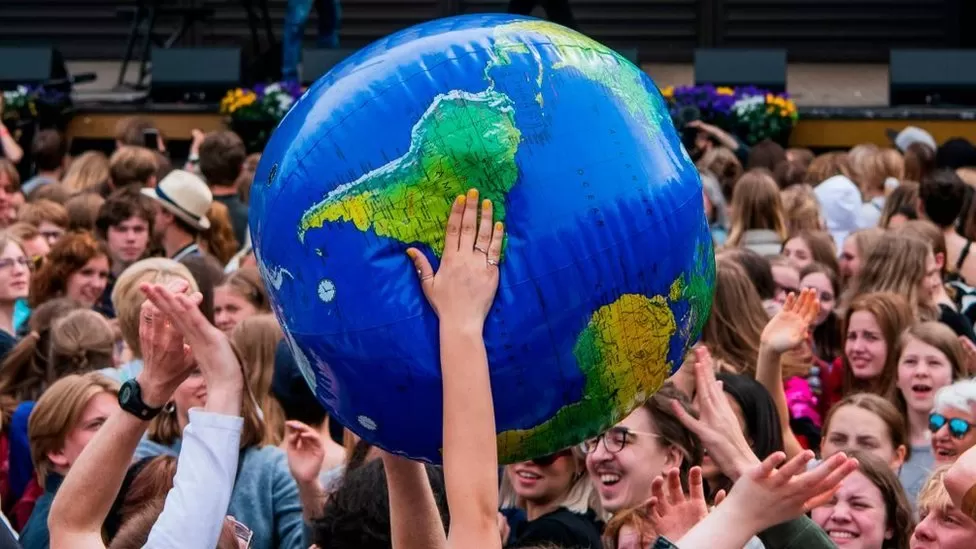Climate change rise in Google searches around ‘anxiety’

Climate change rise in Google searches around ‘anxiety’ studies also suggests that women are more affected by climate anxiety than men.
In recent years, wildfires, floods, and droughts have become more common around the world as a result of climate change.
Young people and children are particularly affected by climate anxiety, which is defined as feelings of distress about the impacts of climate change.
Search queries related to “climate anxiety” have increased dramatically, according to Google Trends.
The number of searches for “climate anxiety” in English during the first 10 months of 2023 is 27 times higher than during the same period last year.
In this article, we’ll look at some of the world languages Google has asked to examine in relation to climate anxiety, but they aren’t the ones with the most frequently searched queries around climate anxiety.
People in countries with higher search queries may be more likely to have climate anxiety if they speak languages that are more aware of climate anxiety, or if they use Google most often. However, this does not necessarily mean that people in countries with higher search queries are more likely to suffer from climate anxiety.
According to Google Trends, the terms “climate anxiety” and “eco-anxiety” are often used together but have slightly different meanings.
The term “climate anxiety” refers to anxiety specifically related to climate change awareness. Anxiety associated with environmental health threats, such as pollution and loss of biodiversity, is called eco-anxiety.
A sample of searches is examined by Google Trends rather than the total number of searches to identify trends around the world. A measure called “search interest” is used to determine the relative popularity of search queries.
The top four countries most commonly searched for “climate anxiety” were Finland, Sweden, Denmark and Norway.
